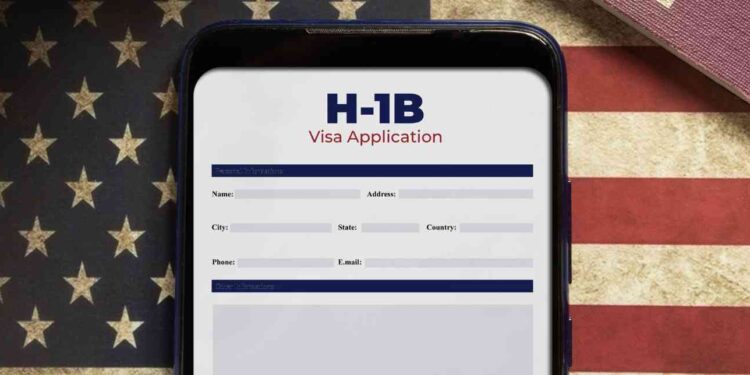A former Meta employee has ignited a heated debate over the future of tech hiring in the United States following President Donald Trump’s announcement of a one-time $100,000 fee for new H-1B visa applications.
Zach Wilson, who now runs a San Francisco-based data analytics startup, shared his perspective on X (formerly Twitter), reflecting on his experience as part of a largely H-1B-dependent team at Meta in 2017.
Wilson’s Take: “Competition Just Vanished”
“When I worked at Meta in 2017, I was on a team of 17 people — fifteen of whom were on H-1B visas. I was one of two Americans on the team. Just for core growth data engineering, that’s $1.5 million in visa fees under the new rules,” Wilson wrote.
He further added, “If you’re an American looking to land a big tech role, now is your time because more than 80% of your competition literally just vanished overnight. Good luck.”
His post quickly went viral, garnering nearly a million views and sparking widespread debate online about whether the policy will level the playing field for American graduates or harm the tech sector by limiting skilled immigration.
Mixed Reactions Online
Social media users were sharply divided.
Supporters of the move hailed it as a rare opportunity for local graduates to secure coveted roles in Silicon Valley. One user wrote, “Finally a policy that puts Americans first.”
Critics argued it could damage innovation and lead to outsourcing. “Most start-ups rely on immigrant talent. This will cripple the ecosystem,” one commenter said.
Some dismissed the move as political theatre, with one post noting, “I do not see this lasting beyond the next election cycle.”
White House Clarification
Confusion briefly arose after Commerce Secretary Howard Lutnick suggested the fee could become an annual charge. The White House later issued a clarification.
Spokesperson Karoline Leavitt wrote on X: “This is not an annual fee. It’s a one-time fee that applies only to the petition.”
According to the official fact sheet, exemptions from the $100,000 fee may apply to cases considered to be in the national interest.





























